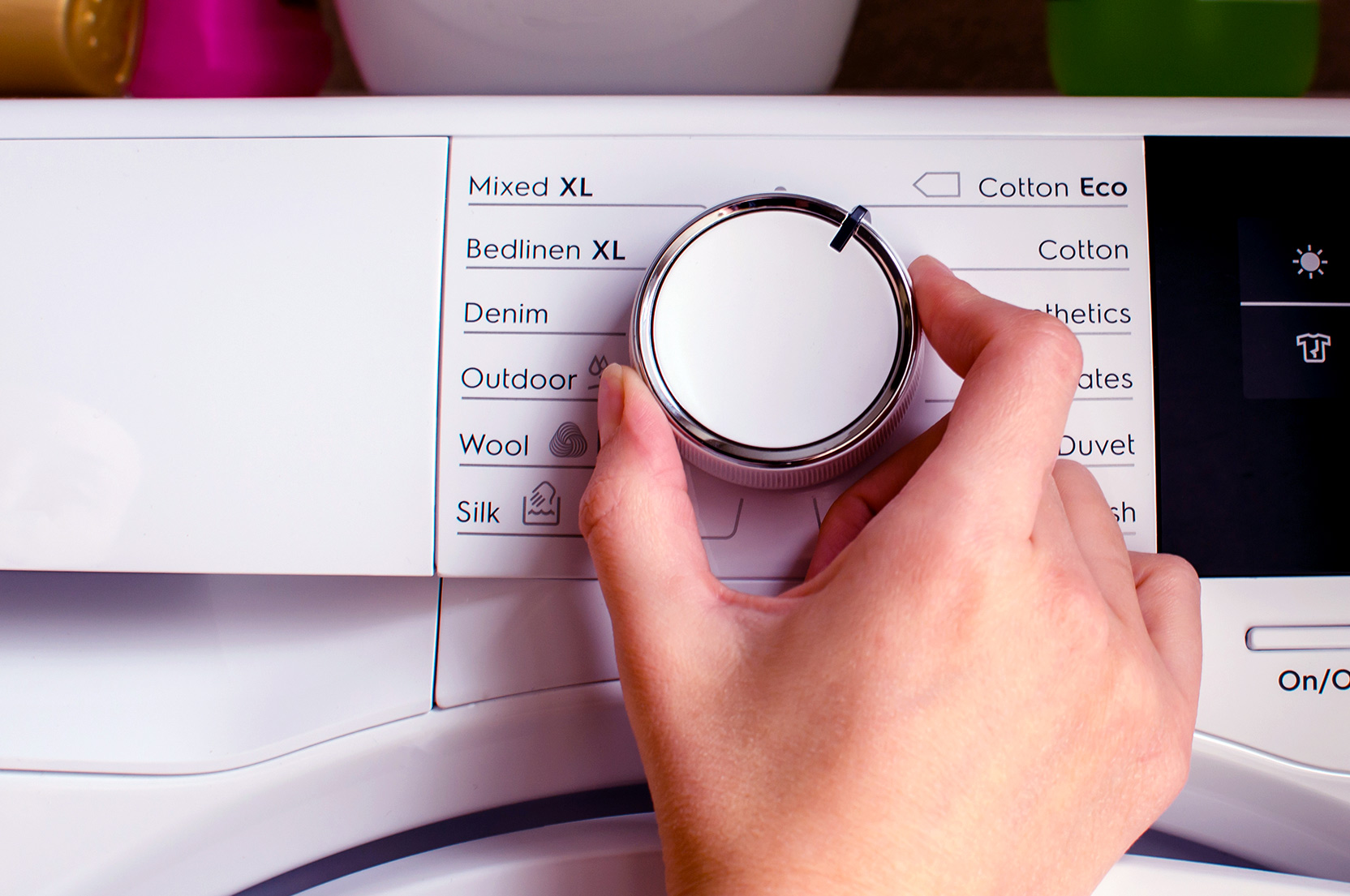Is your tumble dryer a fire risk?

Using your tumble dryer at night to save money as the cost of living crisis continues to bite may prove to be less of an economy and more of a fire risk. With incidents of tumble dryers catching fire on the increase, we look at the facts, the risks and how to stay safe.
With bills still rising, some people are choosing to leave electrical products on at night in the belief that the cost of electricity is cheaper at night. While this is not generally the case1, as most people are charged a flat rate for energy usage, using electrical appliances at night poses a real fire risk, with local Fire and Rescue Services attending an increasing number of house fires caused by tumble dryer fires.
Between 2014 and 2019, national figures from safety charity, Electrical Safety First, show there were 2,661 tumble dryer fires2. Electrical Contracting News reports there were 668 tumble dryer fires and 624 washing machine fires in 2019/20203 and according to UK government fire statistics, there were 884 tumble dryer fires and 509 washing fires in 2021/20224.
For example, in 2022 West Yorkshire Fire and Rescue Service (WYFRS) attended house fires in Normanton, Wakefield and Huddersfield, all caused by tumble dryers, with some householders requiring treatment for smoke inhalation. Tumble dryers accounted for 57% of all fires involving white goods in Wales over the last three years5, with a fire in Gwynedd, Wales prompting Welsh Fire and Rescue Services to warn people not to leave tumble dryers on at night, a call echoed by Oxfordshire Fire and Rescue.
Why do tumble dryers catch fire?
A tumble dryer contains a powerful motor with fast moving parts that get very hot. The cause of a tumble dryer fire could be due to a number of reasons. Most commonly, tumble dryer fires are caused by large build-ups of fluff, which ignite when exposed to heating elements within the machines.
Electrical Safety First recommends regularly cleaning the lint filter within the tumble dryer, to avoid a build-up of fluff. (They say research indicates only one in twelve people clean their filter once a year, and one in twenty admits to never cleaning it.) Cheaper, unbranded tumble dryers, overloaded sockets and faulty wiring are also potential causes of fire.
Wiltshire Fire & Rescue suggest looking for warning signs of fire risk, including a smell of burning, items taking longer to dry and dried clothes feeling hotter at the end of the cycle. If this is the case, stop using the appliance and have it checked by a professional. Welsh Fire and Rescue Services say to allow each drying programme, including the ‘cool down cycle’ to complete before emptying the machine. If you stop mid cycle, the clothing will still be hot.
The do’s and don’ts of using a tumble dryer:
- Buy a safer, branded appliance
- Always follow the manufacturer’s advice
- Never leave the dryer unattended or running overnight
- Never put items into the dryer that have been used to soak up flammable liquids
- Never overload: take bulky items such as a duvet to the dry cleaners
- Avoid overloading sockets: a tumble dryer needs its own 13-amp socket
- Check for any visible electrical wires
- Have the dryer serviced regularly by a qualified electrician
- Ensure your tumble dryer is properly and regularly maintained
- Clean the filter after every use
- Make sure the tumble dryer is well ventilated
- Check if the external vent flap stays shut when the dryer is on
- Never cover the vent and only use recommended vent pipes
- Ensure the vent pipe is kink-free and not blocked or crushed
- Vent the warm air to the outside of the building
- Have smoke alarms regularly tested
Preventing a tumble dryer fire
As the weather gets colder and use of tumble dryers increases during the winter months, it’s just as well to be aware of the risks and take appropriate steps to ensure your appliance is well maintained and that you’re using it correctly. The best advice is never to leave your tumble dryer or washing machine unattended, don’t turn it on before you leave the house or go to bed, and always follow the manufacturer’s instructions for use and maintenance.
You can register new and older models at www.registermyappliance.org.uk This will enable the manufacturer to contact you if any faults become apparent or recall notices are issued. If you want to check on appliances that have been recalled or for manufacturers’ information on defects (click here).
Perhaps most important, make sure you have a working, regularly checked smoke alarm and an escape plan for you and your family should a fire occur. If there is a fire, once you are outside, never go back into the house. Also, follow Electrical Safety First’s advice to regularly clean the lint filter. It could help you avoid a potentially expensive insurance claim and the inconvenience of being unable to use your home while the damage is rectified.
Contact TMD
To discuss or arrange your household insurance, or any other type of insurance policy, please contact TMD and we will be pleased to help. Call TMD on 01992 703 000 or email us at insurance@mcdonaghs.co.uk

